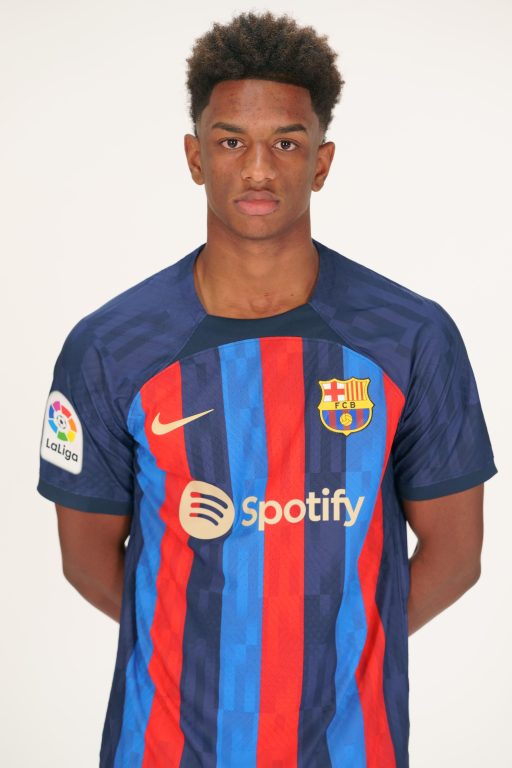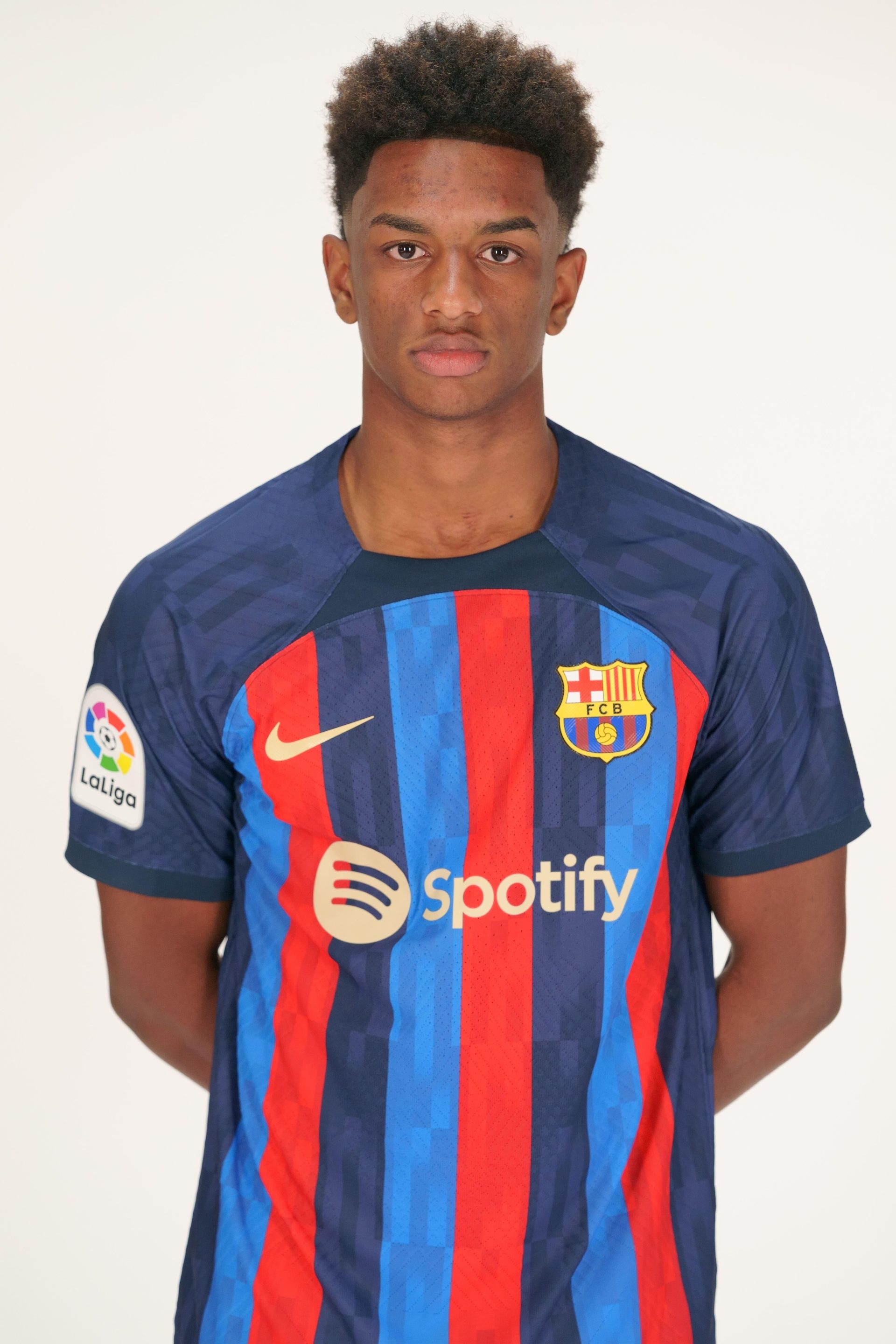Instant Access
No Waiting, Start Streaming Now
24/7 Support
Always Here to Help
Multi-Device
Watch on Any Screen
8K Quality
Crystal Clear Streaming


Instant Access
No Waiting, Start Streaming Now
24/7 Support
Always Here to Help
Multi-Device
Watch on Any Screen
8K Quality
Crystal Clear Streaming
In the world of football, where passion runs high and fervent support fills the stands, the lovely game occasionally casts a shadow of controversy. Such is the case following a recent match featuring FC Barcelona, where reports have emerged that player Alex Balde faced alleged racist abuse from a section of the audience. This incident not only raises pressing questions about the ongoing battle against racism in sports but also highlights the urgent need for concerted action to foster an inclusive habitat for all athletes. As the Barcelona community grapples with these allegations, the incident serves as a poignant reminder of the underlying societal issues that continue to permeate the world of sport.
barcelona sensation Alejandro Balde has made a heartbreaking revelation, claiming he endured racist slurs hurled by a section of fans during a recent match. According to Balde, the abuse escalated throughout the game, leaving the young star visibly shaken.While the incident marred an otherwise electric atmosphere, it has sparked fresh discussions about racism in football and the need for stricter repercussions for such deplorable behavior. Balde’s team has yet to release a formal statement, though many of his teammates have reportedly extended their support privately, standing firmly with him against such hatred.
UEFA and La Liga have long professed a zero-tolerance policy toward racism, but incidents like these highlight persistent gaps in enforcement. A thorough review of security footage and fan behavior within the affected sections has reportedly been initiated. Below is a simple breakdown of ongoing actions:
| Actions | Details |
|---|---|
| Fan Identification | Reviewing stadium recordings to identify offenders. |
| Legal Measures | Potential lifetime bans from matches being considered. |
| Support for Balde | Team psychologists and peer support offered. |
The ripple effects of racism in football extend far beyond the pitch, cutting into the essence of fair play and solidarity that the sport represents. Incidents like the alleged abuse aimed at alejandro Balde during Barcelona’s recent game underscore the harsh realities players continue to face. Targeted remarks and discriminatory chants, often delivered anonymously from the stands, are not just degrading—they weigh heavily on players’ mental wellbeing and sense of safety. Such behavior undermines the integrity of the sport, turning what should be moments of triumph and unity into experiences marred by prejudice.
For many players,the emotional toll of such incidents cannot be overstated.Beyond the immediate shock, racist abuse leaves lasting scars on their confidence and connection to the game. To understand the gravity of the issue, consider the widespread disparity in how victims and perpetrators are treated.
| Aspect | Experience |
|---|---|
| Targeted Players | Face public humiliation, mental distress, and career disruptions. |
| Perpetrators | Often evade meaningful consequences or receive minimal penalties. |
To tackle the persistent issue of racism in football, it is critical for fans and authorities to join forces and adopt proactive measures. For fans, it starts by fostering an inclusive culture in stadiums and online spaces. Here are some impactful steps:
authorities, on the other hand, have the power to institutionalize change by implementing stringent measures. Practical steps include:
| Action | details |
|---|---|
| Enhanced Surveillance | Deploy cameras and AI tools to identify offenders in real time during matches. |
| Policy Enforcement | impose stricter penalties, such as lifetime stadium bans for those found guilty of racial abuse. |
| Community programs | Invest in campaigns that educate fans about the impact of racism and promote diversity. |
To repeal racism from football, collaboration between club officials and UEFA is more vital than ever. Clubs must prioritize fostering inclusivity within their fanbases by implementing robust anti-racism policies and ensuring strict enforcement. This includes deploying trained staff during matches to identify instances of abuse, providing proper education to supporters, and establishing anonymous reporting systems for victims and witnesses.On their part,UEFA can bolster these efforts by mandating uniform anti-racism standards across all competitions and encouraging clubs through financial incentives to initiate and sustain these programs.
Actionable steps for such collaboration could include:
| Initiative | Responsibility |
|---|---|
| Anonymous reporting Systems | Clubs |
| Standardized Penalties | UEFA |
| Fan Education Programs | Joint (Club + UEFA) |
As the sun sets over the iconic Camp Nou, the echoes of the match fade, but the repercussions of the events that transpired linger on.The allegations of racist abuse faced by Balde during the recent Barcelona game serve as a stark reminder that the battle against discrimination in sports is far from over. While the beautiful game often unites fans of diverse backgrounds, incidents like these disrupt that harmony and highlight a critical call for change. As the football community reflects on this troubling episode, discussions surrounding accountability and education are paramount in moving towards a more inclusive environment. The hope is that,in the future,our stadiums are places where respect and camaraderie reign supreme,allowing talent to shine without the shadow of prejudice. As we continue to watch the beautiful game unfold,let us strive for a world where every player is celebrated for their contributions on the field,free from the chains of hate.
34,353
Live TV Channels
162,404
Movies
27,802
Series
284,023
Total Subscriptions
139,854
Users Online
142,887
Total Resellers

